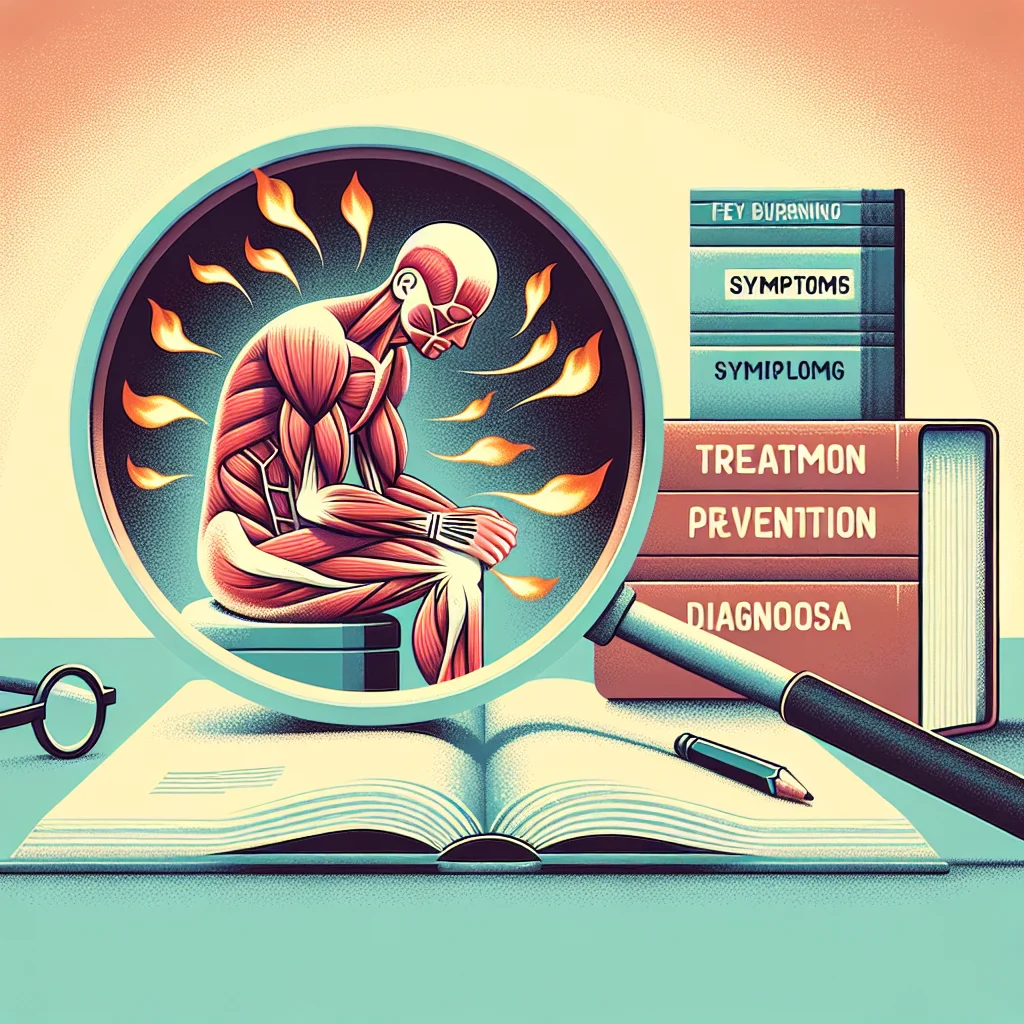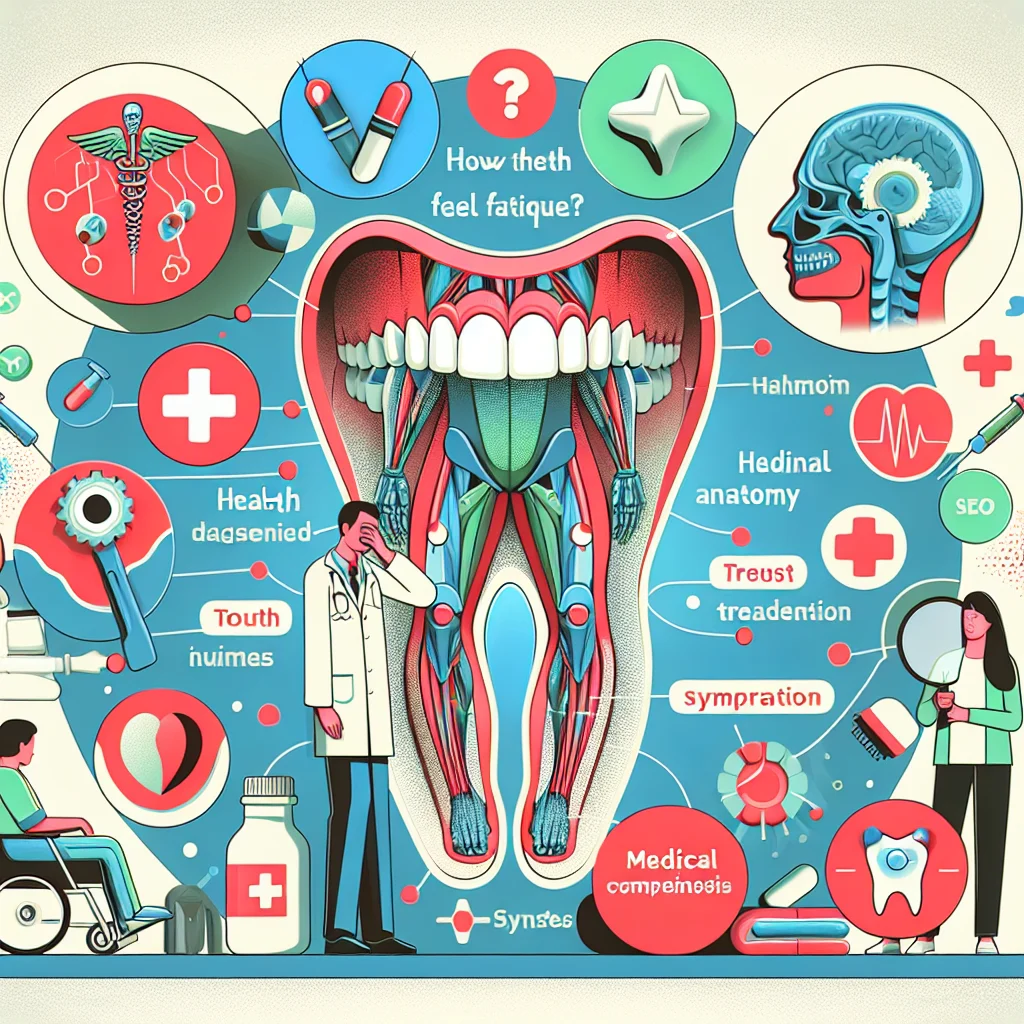
Possible Causes and Medical Insights
Itchy feet, medically known as pruritus, can be a frustrating and sometimes embarrassing symptom. There are several potential causes behind the sensation of your feet feeling itchy. Common culprits include fungal infections such as athlete’s foot, dry skin (xerosis), allergic reactions, and even certain systemic conditions like diabetes or liver disease. Understanding the underlying cause is crucial, as some conditions may require specific treatments for effective relief.
In addition to infections and allergies, environmental factors such as exposure to irritants, excessive sweating, or poor foot hygiene can also trigger itching. Sometimes, the itchiness may be a result of insect bites, eczema, or psoriasis. If your itchy feet are persistent or accompanied by other symptoms like redness, swelling, or blisters, it’s important to seek medical insight for a proper diagnosis. Identifying the root cause will help guide the most appropriate health advice and treatment options.
Symptoms and Risk Factors
Alongside the primary sensation of itching, you might notice other symptoms depending on the cause. These can include redness, flaking, peeling, blistering, or even small cracks in the skin. Infections like athlete’s foot often present with a burning sensation and scaling, while allergic reactions may cause hives or swelling. Paying attention to these symptoms can provide helpful clues for both you and your healthcare provider.
Certain risk factors increase the likelihood of experiencing itchy feet. People who frequently wear tight or non-breathable footwear, athletes, and individuals with underlying health conditions like diabetes or eczema are at higher risk. Environmental factors, such as living in humid climates or exposure to irritants, can also contribute. Recognizing your risk factors is the first step toward effective prevention and management of itchy feet.
Diagnosis and When to See a Doctor
If your feet feel itching for more than a few days or if you notice worsening symptoms, it is important to consult a healthcare professional. They may perform a physical examination, ask about your medical history, and possibly order lab tests or skin scrapings to determine if a fungal infection or other condition is present. Accurate diagnosis ensures you receive the right treatment and reduces the risk of complications.
While occasional mild itching usually isn’t a cause for concern, seek medical attention if you experience severe discomfort, open sores, signs of infection like pus or increasing redness, or if the itching is associated with systemic symptoms such as fever or swelling. Early diagnosis and intervention can help prevent further irritation and support your overall foot health.
Prevention and Home Remedies
Maintaining good foot hygiene is key to preventing itchy feet. Keep your feet clean and dry, wear moisture-wicking socks, and choose well-ventilated shoes. Avoid walking barefoot in public areas such as gym showers or pool decks, as this reduces the risk of picking up infections. If you have a known allergy, try to avoid contact with triggers and use gentle, fragrance-free moisturizers to prevent dry skin.
Several home remedies can provide relief for mild cases. Soaking your feet in cool water, applying a soothing anti-itch cream, or using over-the-counter antifungal treatments may help ease your symptoms. However, persistent or severe itching requires professional medical insight. Practicing prevention and seeking timely treatment can help keep your feet healthy and comfortable.














